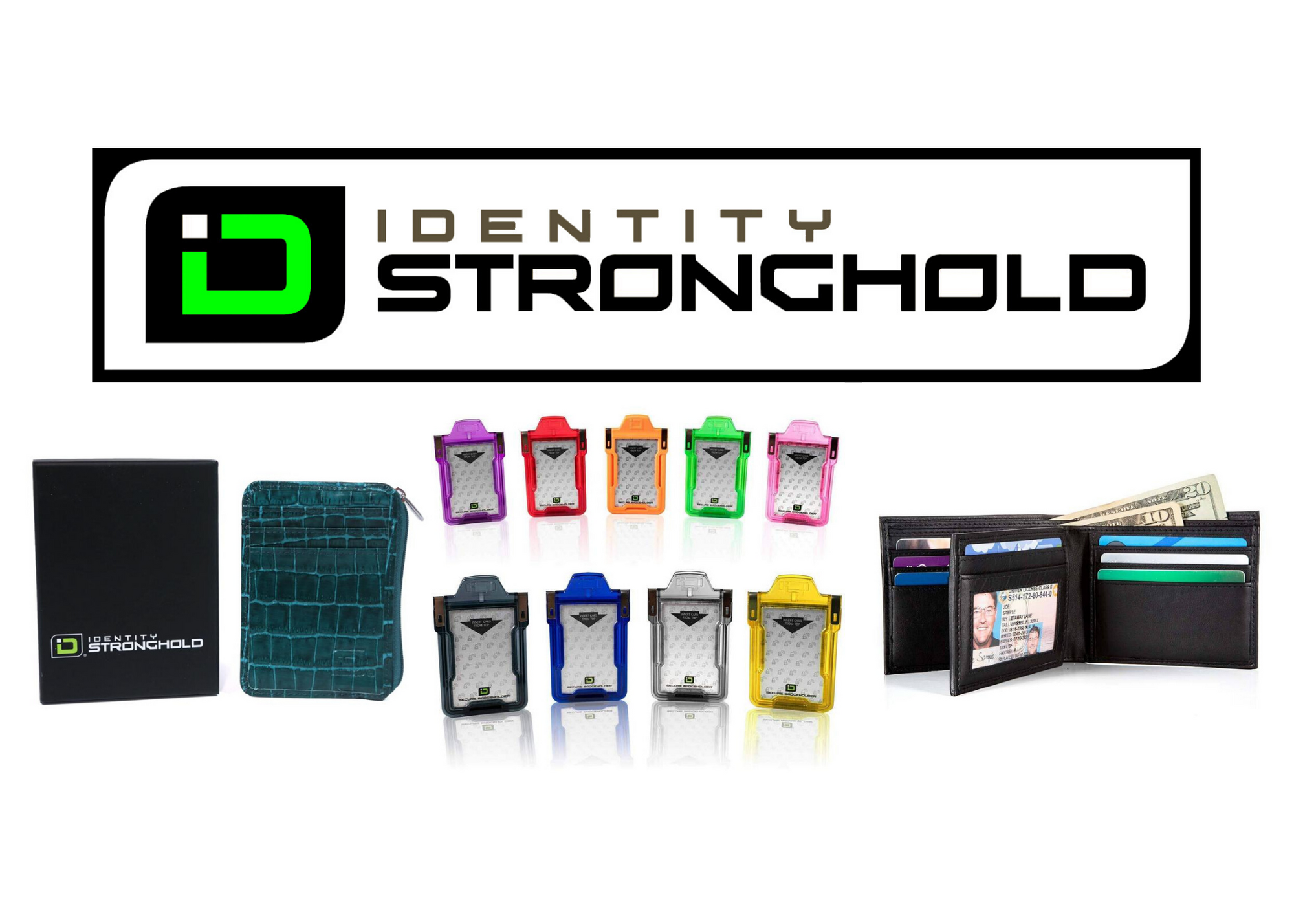Identity Stronghold was founded in 2005 with two missions in mind: inform consumers about RFID embedded chips, and help them shield their data. Along the way, the company launched the RFID protection industry, which serves everyone from the average shopper to high-clearance federal government employees.
Concerns about the pitfalls of RFID technology arose when there were talks of US residents being given national ID cards with embedded RFID chips. The chips transmit data to a reader via proximity, which is meant to make transmissions faster and more efficient.
Unfortunately, as Identity Stronghold founder Walt Augustinowicz learned, this also meant that RFID chip data was more vulnerable. Any RFID reader in close proximity could “steal” chip data without the owner’s knowledge—a practice now called “electronic pickpocketing.”
When the federal government learned of these vulnerabilities and threat risks, it mandated all employees use a protective sleeve or badge holder. Augustinowicz saw an opportunity and created the protective Secure Sleeve®, which is still sold on the site today.
Soon the business was expanding into shielded bags, wallets, and more, and Augustinowicz had reached millions of viewers through the media while attempting to inform the public about electronic pickpocketing. Selling online was working, and it was time to solidify an ecommerce strategy. That’s when the team looked to Shopify Plus and Webgility.
Shopify Plus, the enterprise ecommerce platform, helps online retailers scale their businesses by handling servers, bugs, feature implementation, order management, bandwidth, file storage, and other tasks.
“We decided to move to [Shopify Plus] just because it was more modular,” says network administrator Gene Donaldson.
Shopify Plus also supports multichannel ecommerce, which was a key factor in launching new sales channels. To make the expansion process easier, Webgility was recommended to Identity Stronghold for accounting and inventory automation. The software tracks ecommerce transactions and automatically posts financial and inventory data to QuickBooks on a self-set scheduler.
“As more sales channels came out, [Webgility] helped us be able to automate quickly instead of having to have everything custom built by whatever platform we used before,” says Donaldson.
Webgility was up and running within a few weeks, and implementation and customer success managers were on hand for any tweaks that Identity Stronghold needed to make.
“It’s helping now because instead of imports or blanks, or manual entries into QuickBooks, everything just goes right in there. So it saves our accounting team a lot of time.”
Accounting automation has helped Identity Stronghold keep up with consumers’ ever-growing need to protect their data. The rise of tap-to-pay credit cards, RFID key fobs, and more has presented a greater risk to the average person who is unaware of electronic pickpocketing. Now, the team can spend more time spreading the word and selling their products and less time on manual bookkeeping—Webgility does the work.
“As of the past six months or so, it’s just been on set and forget it. I barely give any thought to it.”
Donaldson says Webgility has provided three new avenues for expansion that were previously untapped: “Using Webgility has made opening up more marketplace channels possible. Without Webgility we would not be on Walmart, Amazon Canada, or eBay.”

